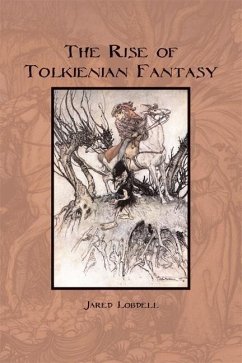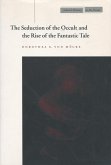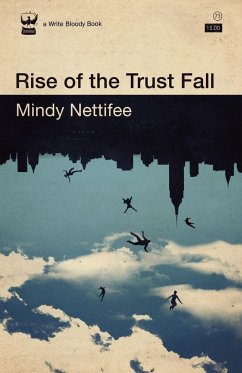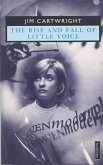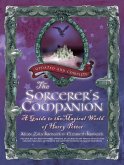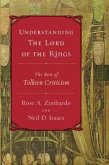When J. R. R. Tolkien's Lord of the Rings appeared in 1954, it was hailed by readers but dismissed by critics as juvenile escapism. For many years both critics and professors of literature refused to take Tolkien seriously, yet today they reluctantly admit that he was indeed a great writer. Jared Lobdell claims that the literary achievement of Tolkien in fact represents a new mainstream of literary development. The future of fiction lies in fantasy, he argues, and Tolkien is part of a vital organic growth with roots in the past. Professor Lobdell surveys the predecessors of and influences on Tolkien, from Rudyard Kipling to William Morris and Kenneth Grahame. He explores the web of elements - Celtic revival, medieval revival, and "feigned history" - that make up Tolkienian fantasy. And he looks closely at the heirs of the master, modern fantasists Ursula Le Guin, Stephen King (for the Dark Tower series), and the J. K. Rowling.
Hinweis: Dieser Artikel kann nur an eine deutsche Lieferadresse ausgeliefert werden.
Hinweis: Dieser Artikel kann nur an eine deutsche Lieferadresse ausgeliefert werden.

